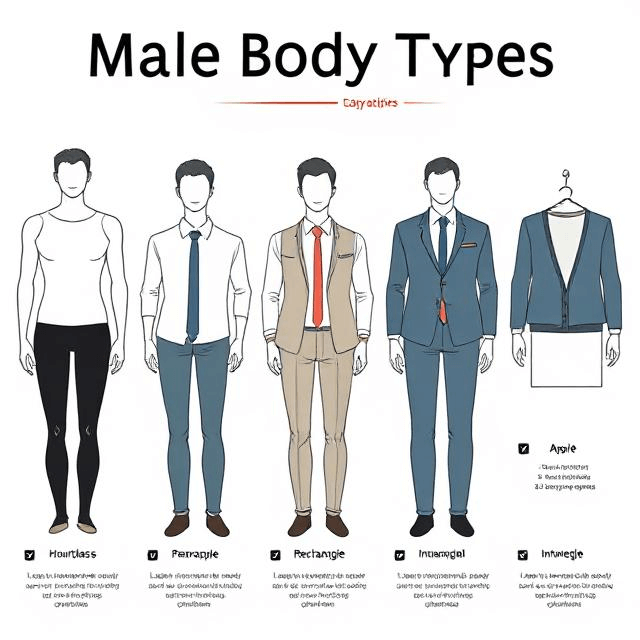Overcoming Fear of Public Speaking: A Complete Guide to Mastering Stage Confidence
Introduction
Public speaking is one of the most common fears worldwide. Known as glossophobia, this fear affects nearly 75% of the population at some point in their lives. Whether it’s giving a school presentation, delivering a speech at a wedding, or pitching an idea at work, the anxiety can be paralyzing. However, mastering public speaking is not only possible—it’s a skill that can significantly boost your personal and professional life.
In this comprehensive guide from Sufficient Notes, we’ll explore the psychology behind the fear of public speaking, proven techniques to overcome it, and strategies to become a confident and engaging speaker.
1. Understanding the Fear of Public Speaking
1.1 What is Glossophobia?
Glossophobia is the intense fear of speaking in public. It manifests through physical symptoms like sweating, shaking, dry mouth, and a racing heartbeat. It may also lead to avoidance behaviors, such as skipping classes, meetings, or events that require speaking.
1.2 Why Do People Fear Public Speaking?
- Fear of Judgment: Worrying about being laughed at or judged.
- Fear of Forgetting: Anxiety about forgetting your lines or message.
- Low Self-Esteem: Doubting your capabilities or qualifications.
- Previous Negative Experiences: A past failure in public speaking can haunt future attempts.
2. The Importance of Overcoming This Fear
Conquering the fear of public speaking can have a profound impact:
- Career Advancement: Better presentation skills lead to more opportunities.
- Enhanced Confidence: Speaking up boosts self-esteem.
- Improved Communication: Helps in daily conversations and professional interactions.
- Leadership Skills: Good speakers often emerge as natural leaders.
3. Common Myths About Public Speaking
3.1 “Great Speakers Are Born, Not Made”
This is one of the biggest misconceptions. Public speaking is a skill that can be learned and improved with practice.
3.2 “I Must Speak Without Notes to Be Good”
Even top speakers use notes or prompts. Preparation is more important than memorization.
3.3 “Everyone Will Judge Me”
In reality, most audiences are supportive and want you to succeed.
4. Psychological Techniques to Overcome Fear
4.1 Cognitive Behavioral Therapy (CBT)
CBT helps in identifying negative thought patterns and replacing them with positive ones.
4.2 Exposure Therapy
Gradually exposing yourself to speaking situations can reduce anxiety over time.
4.3 Visualization
Visualize yourself giving a successful speech. This mental rehearsal can reduce fear.
4.4 Positive Affirmations
Repeating empowering statements like “I am a confident speaker” can rewire your thinking.
5. Practical Steps to Build Public Speaking Confidence
5.1 Start Small
Begin with low-stakes situations—introducing yourself in meetings or speaking in front of friends.
5.2 Know Your Material
Master the content so you can speak naturally. Confidence comes from preparation.
5.3 Practice, Practice, Practice
Rehearse in front of a mirror, record yourself, or practice with a trusted friend.
5.4 Join a Speaking Club
Organizations like Toastmasters provide a supportive environment to improve speaking skills.
5.5 Get Feedback
Constructive criticism helps you improve quickly and effectively.
6. Preparation Techniques Before a Speech
6.1 Understand Your Audience
Know who you’re speaking to and tailor your message accordingly.
6.2 Structure Your Speech
A good speech has a clear introduction, body, and conclusion. Use stories, facts, and humor.
6.3 Use Visual Aids Wisely
Slides, props, or videos can enhance your message—but don’t rely on them too much.
6.4 Warm Up Physically and Mentally
Stretch, breathe deeply, or do vocal exercises to calm nerves.
7. Delivery Techniques to Keep the Audience Engaged
7.1 Body Language
Maintain eye contact, use open gestures, and move naturally on stage.
7.2 Vocal Variety
Change your pitch, speed, and volume to keep the speech interesting.
7.3 Pausing
Strategic pauses give you time to think and emphasize important points.
7.4 Storytelling
People remember stories more than statistics. Use personal anecdotes.
8. Using Technology and Tools to Improve
- Teleprompter Apps: Great for practicing flow.
- Speech Timer Apps: Helps manage your time effectively.
- Recording Devices: Watch and evaluate your performance.
- Online Courses: Platforms like Coursera or Udemy offer structured lessons.
9. Handling Stage Fright on the Spot
9.1 Breathing Techniques
Deep belly breathing helps calm the nervous system.
9.2 Focus on the Message
Shift focus from yourself to the value you’re delivering.
9.3 Use a Comfort Item
Some speakers hold a small object to ground themselves.
9.4 Acknowledge the Fear
Sometimes saying “I’m a bit nervous” makes you more relatable.
10. Learning from the Masters
Study great speakers like:
- Barack Obama – Known for clarity and charisma.
- Tony Robbins – Energetic and motivational.
- Brené Brown – Authentic and emotionally engaging.
Analyze their techniques and incorporate what resonates with you.
11. Building Long-Term Confidence
11.1 Make Speaking a Habit
Take every opportunity to speak in public—even informal ones.
11.2 Track Your Progress
Keep a journal or video log of your speeches to see improvement.
11.3 Celebrate Small Wins
Acknowledge every progress, no matter how small.
11.4 Keep Learning
Read books, watch TED Talks, and stay updated with speaking trends.
Conclusion
Overcoming the fear of public speaking is a journey of self-growth. With practice, preparation, and the right mindset, you can transform from a nervous speaker to a powerful communicator. Remember, even the best speakers once stood where you are now.
Visit Sufficient Notes for more empowering guides on self-development, communication skills, and confidence building. Start your journey today and let your voice be heard!






